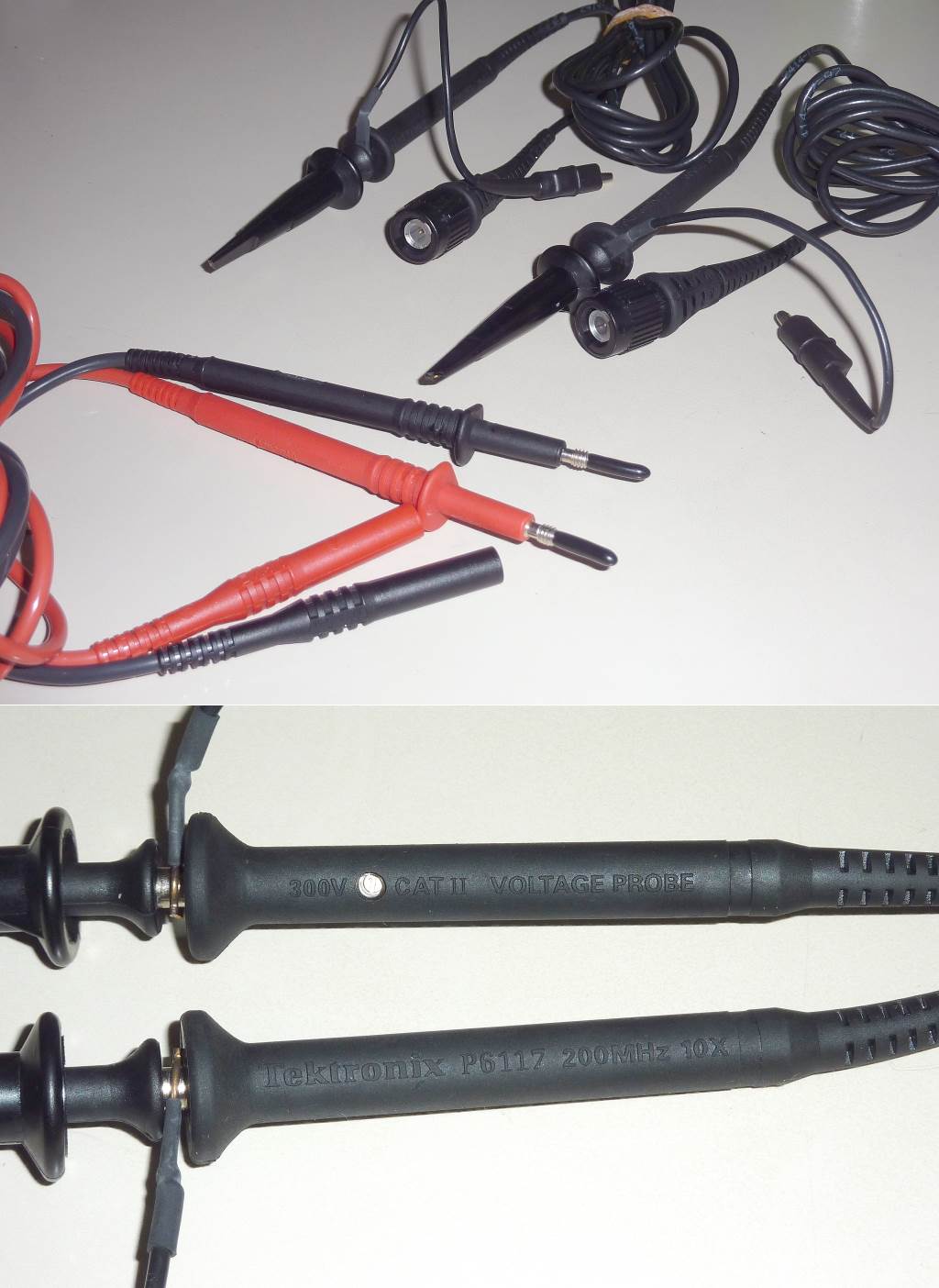My 2 cents, think of your probing mistakes in the past at low voltage circuits, and count as you can memorize, how many ? 1 ? 10 ? or even more ?

Now, when it comes to high lethal voltage, all you need is just "one" mistake, is enough to zap your expensive measuring equipment, your circuits or even worst ... your limb or your life.
Again, think about it, is it worth the saving ?
As many had pointed out, the easiest & possible the most bang for buck is using HV differential probe. As probing mains related devices will be very comfortable, an example scope that was probing the mains line that powered the scope it self.
-group-therapy-thread/?action=dlattach;attach=408726;image)
Also many pointed out, battery powered scope is not always a suitable one for probing lethal voltage.
Here, a design illustration, how a "proper" battery powered handheld scope that was designed for probing mains. Watch carefully how they separate & isolate each functions in the scope.

Also a proper scope and its accesories have NO exposed metal, including the BNC and also the whole probe's body.
An example of Tektronix THS7xx handheld scope for mains probing, watch the BNC connectors at the scope, no exposed metal.

Also the suitable probe, watch again carefully, all covered by non conductive material and its not easy for human body parts can touch the metal parts.

The bad news is, handheld scope that is qualified for probing mains line, even used, especially top brand ones, still very expensive, and most of the times still more expensive than a brand new "decent" HV diff. probe.